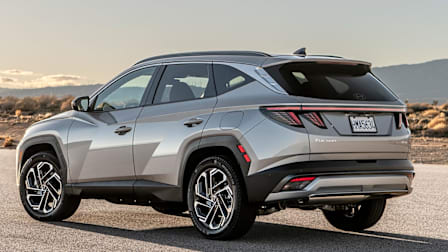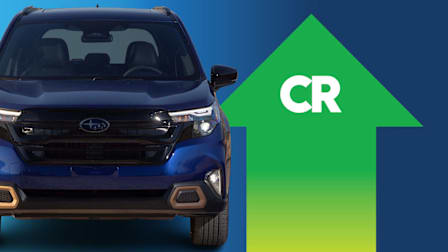How to Protect Yourself Against Coronavirus When Pumping Gas
Pump handles and keypads can be contaminated, so take precautions to avoid exposure

Despite social distancing and shuttered venues—moves designed to staunch the spread of the novel coronavirus—some essential workers still need to commute in their cars, and many others need to drive to places for food, medicine, and other supplies and services.
For many, that means the occasional trip to the gas station is inevitable, as is touching the pump handle and payment keypad. Pump handles and credit card keypads, which are high-touch areas, could have the virus present, which experts say can stay alive for hours or even days on hard surfaces.
Your best protection overall is to wash your hands properly on a regular basis and to refrain from touching your face with unwashed hands. But there are a few things you can do that will help you stay safe when you have to pump gas.
CR’s auto experts suggest several ways to approach this task.
• Consider carrying some disposable nitrile or latex gloves in your car to use when gripping the pump handle. Short of that, you can try to use paper towels that are sometimes available at the pump or have some with you to cover your hands when you grip the handle.
• Do the same to isolate yourself from the keypad when entering payment information.
John Eichberger, executive director of the nonprofit Fuels Institute, says gas station owners and operators are doing what they can to combat the spread of COVID-19 by cleaning their facilities more often. But that might not be enough assurance for some motorists.
“If consumers are really worried about touching a gas pump handle, they can do what they do when they go to a grocery store and wipe down surfaces with disinfectant wipes when they need to touch something,” Eichberger says.
Although it’s not entirely clear how long the coronavirus lives once attached to a surface like a door handle, Eike Steinmann, a virologist at Ruhr-Universitat Bochum in Germany who has studied the lifespan of viruses on various surfaces, says they probably won’t last more than a few days. Stephen Thomas, M.D., chief of infectious diseases and director of global health at Upstate Medical University in Syracuse, N.Y., says that bacteria and viruses exist everywhere in the natural environment, and that—again—your best defense is frequent, vigorous hand-washing.
Coronaviruses are surrounded by a protective envelope that helps them attach to and infect other cells. The friction from scrubbing is enough to break down the virus’s coating, Thomas says.
And as you would after any trip outside your home during this unusual time, remember to wash your hands before touching anything at home. The CDC recommends washing your hands with soap and water for at least 20 seconds, and failing that, using an alcohol-based hand sanitizer.




















